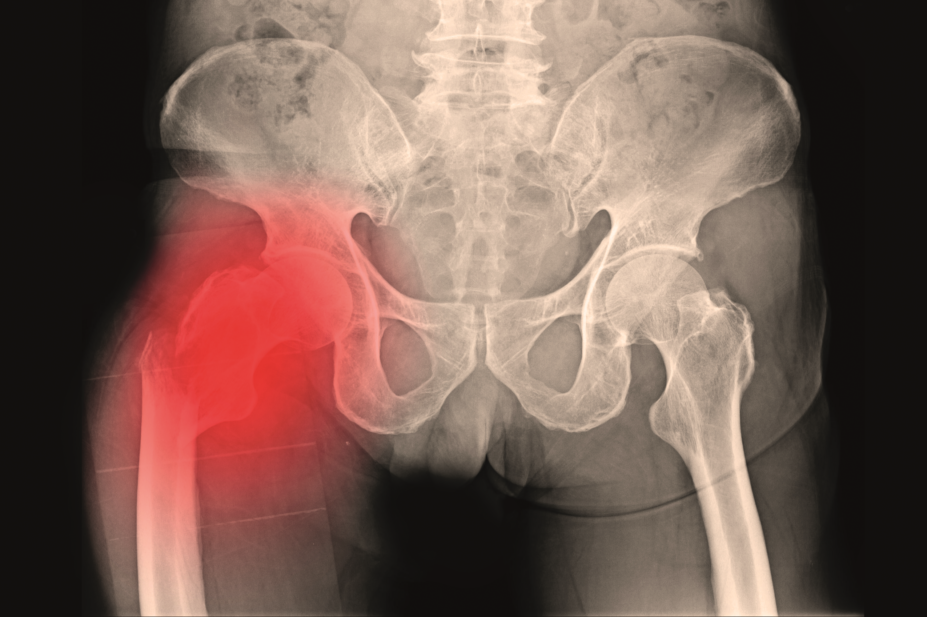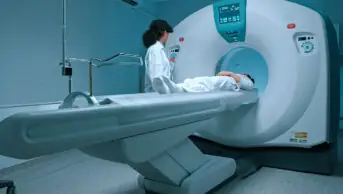
Shutterstock.com
Men who receive androgen deprivation therapy (ADT) are at risk of developing osteoporosis.
In a systematic review and meta-analysis, a team of researchers looked at data on the efficacy of drug interventions in men with non-metastatic prostate cancer initiating or continuing ADT.
They found that, compared with placebo, bisphosphonates significantly reduced the level of bone mineral density (BMD) loss measured at the lumbar spine, femoral neck and hip and in many cases led to improvements in BMD. However, there was not enough data to assess the drugs’ effects on fracture risk.
The monoclonal antibody denosumab was also associated with reduced BMD loss and one study indicated it can reduce fracture risk.
Reporting in the Annals of Internal Medicine (7 August 2017), the team said that there had been a lack of trials with sufficient sample sizes and follow-up to assess fracture risk, and further research is needed[1]
.
References
[1] Alibhai S, Zukotynski K, Walker-Dilks C et al. Bone health and bone-targeted therapies for nonmetastatic prostate cancer. Ann Intern Med 2017;167. doi: 10.7326/M16-2577


